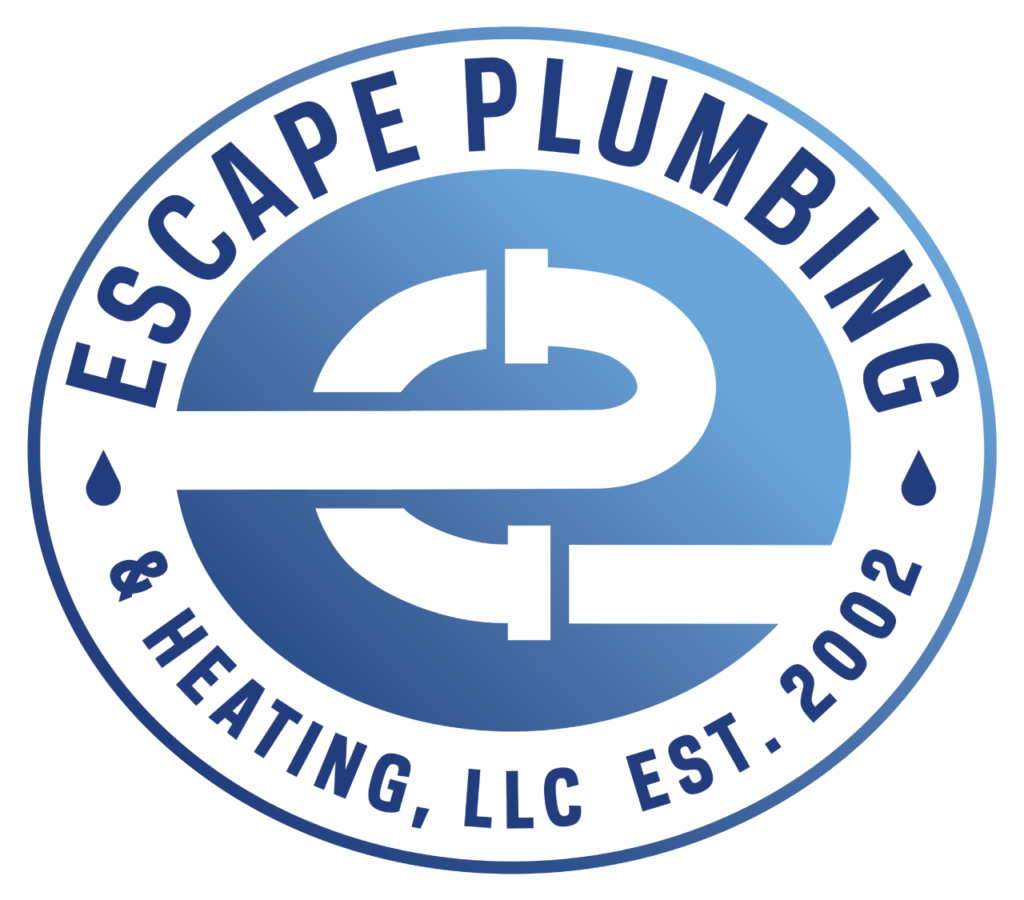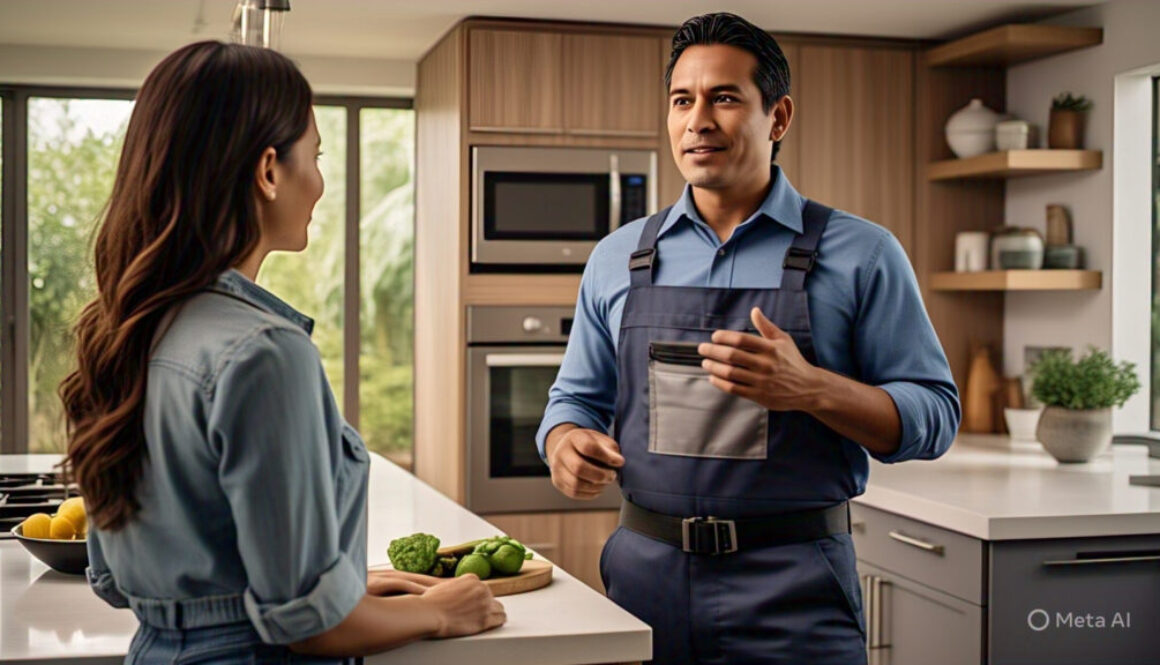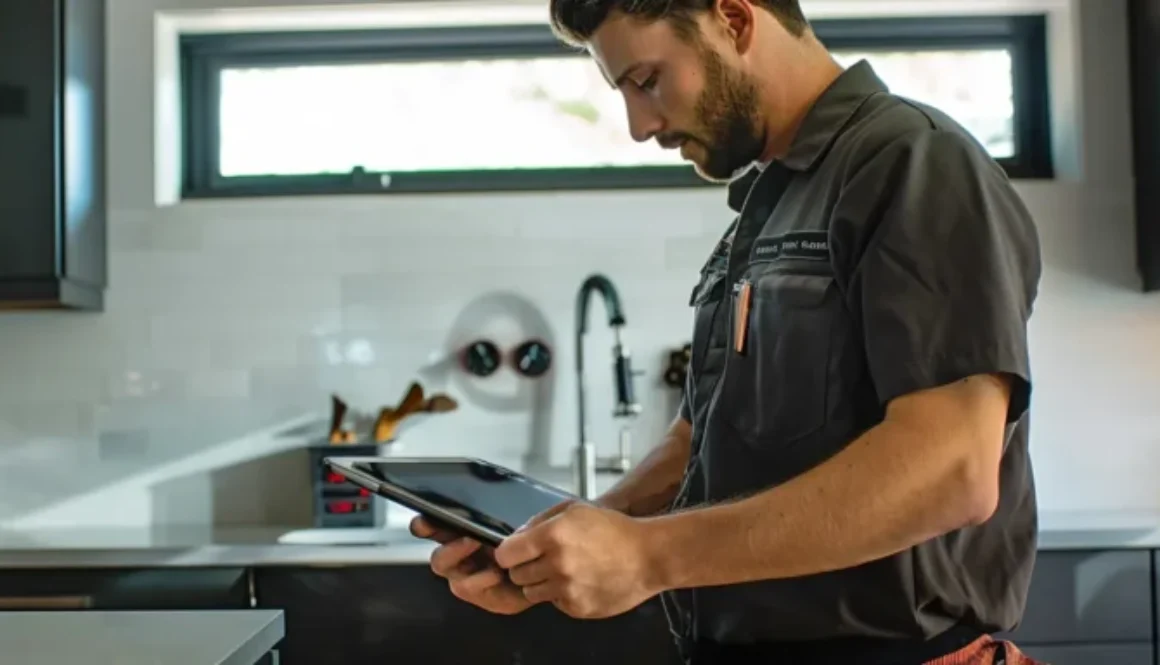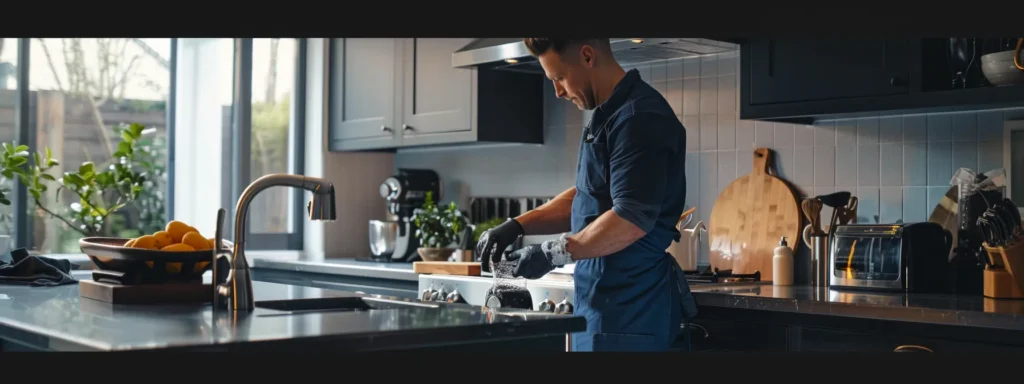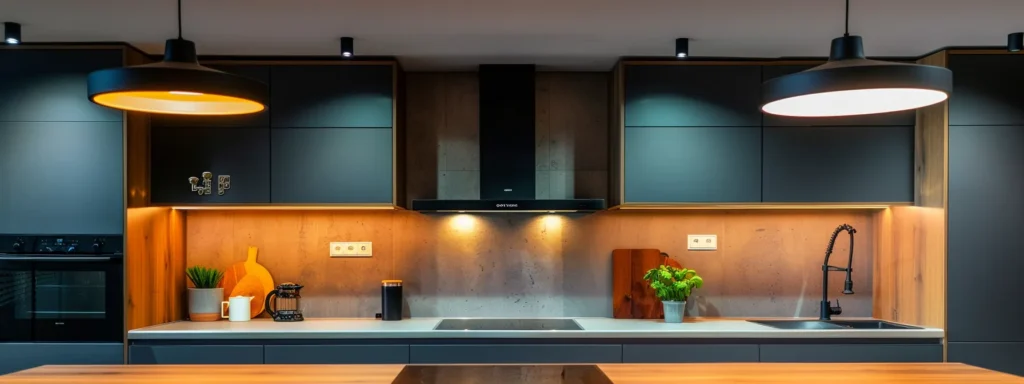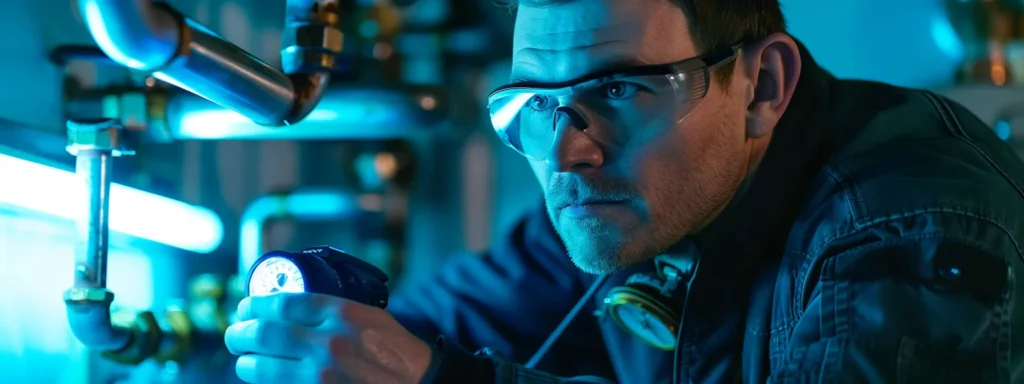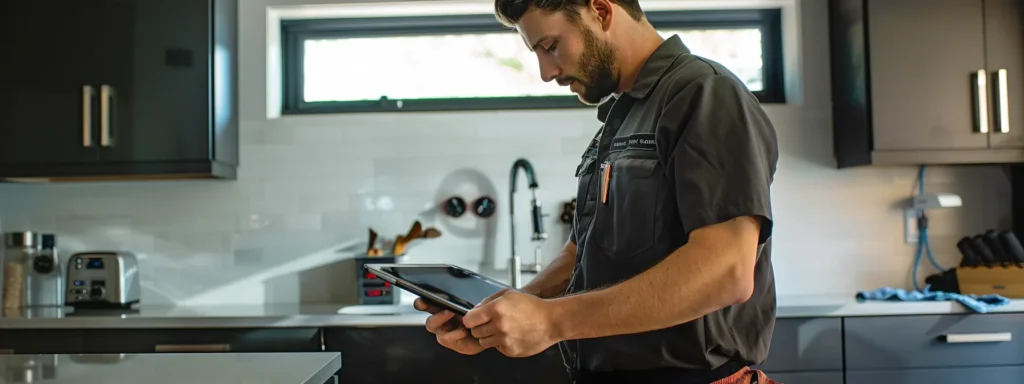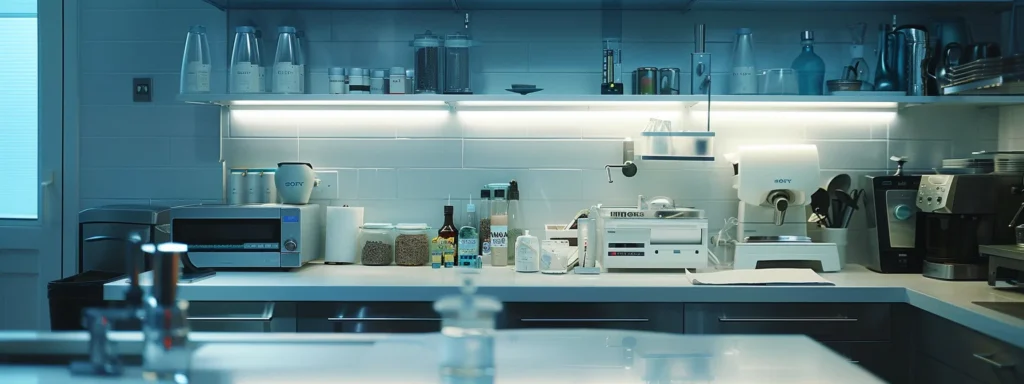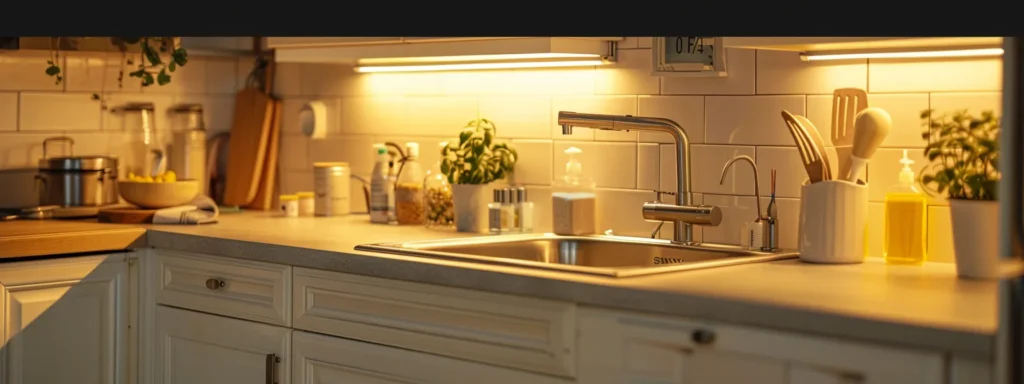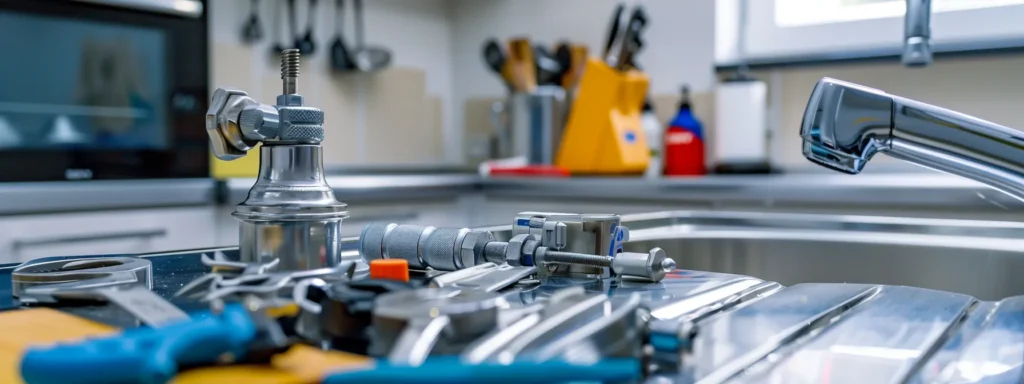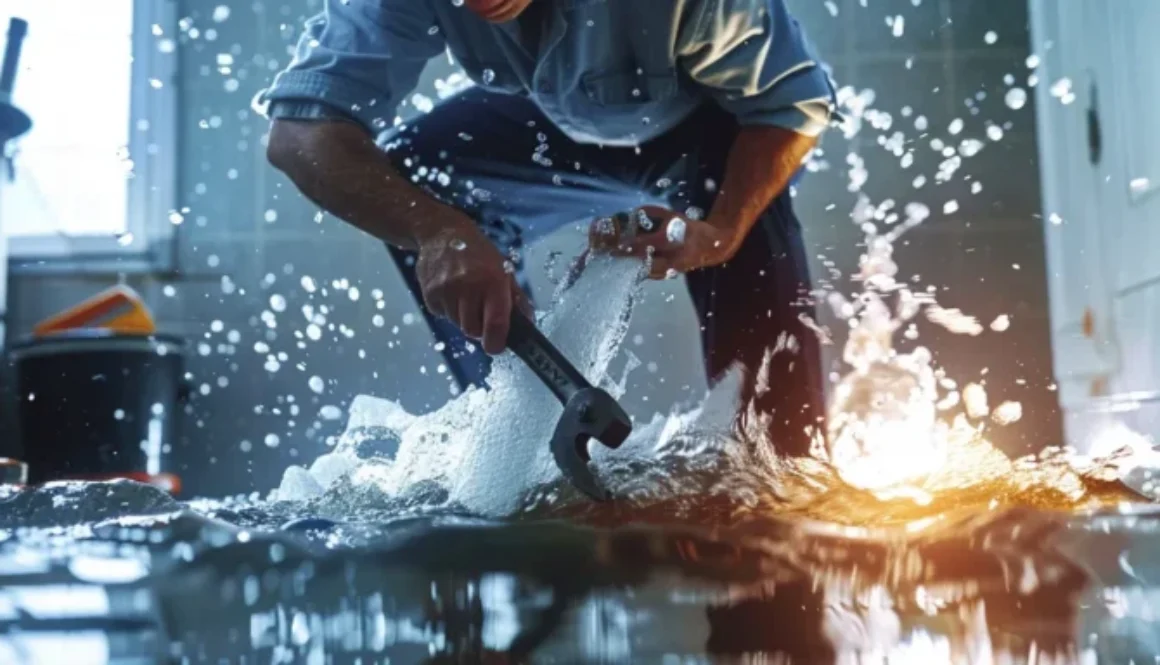How to Choose a Licensed Plumber in Litchfield County: A Homeowner’s Guide
Ever had that moment when your pipes decide to throw a surprise party at 2 AM? Or maybe your water heater picked the coldest day of the year to call it quits? Yeah, I’ve been there too. Finding a reliable plumber in Litchfield County isn’t just about fixing an emergency—it’s about building a relationship with someone who’ll keep your home’s veins flowing smoothly for years to come.
As a homeowner who’s waded through the murky waters of plumbing disasters (quite literally, in one unfortunate basement flooding), I’ve learned that not all plumbers are created equal. Especially here in our charming corner of Connecticut, where historic homes with quirky plumbing systems are the norm rather than the exception.
So let’s dive in—without the water damage this time—and explore how you can find a licensed plumber who’ll have your back when those pipes decide to rebel.
Why Hiring a Licensed Plumber Matters in Litchfield County
Let’s be real: our picturesque New England towns come with their own unique plumbing challenges. From centuries-old houses in Litchfield to modern constructions in Torrington, each property presents its own quirks.
I remember my neighbor who thought he’d save a few bucks hiring an unlicensed handyman to fix a simple leak. Three months and $4,000 in water damage later, he learned the hard way that credentials matter. Licensed plumbers don’t just bring technical skills—they bring peace of mind backed by training, insurance, and accountability.
In Connecticut, plumbing licenses aren’t handed out with breakfast cereal. Plumbers must complete years of apprenticeship, pass rigorous exams, and maintain continuing education. When you hire a licensed professional, you’re not just paying for the hour of work—you’re investing in thousands of hours of training and experience.
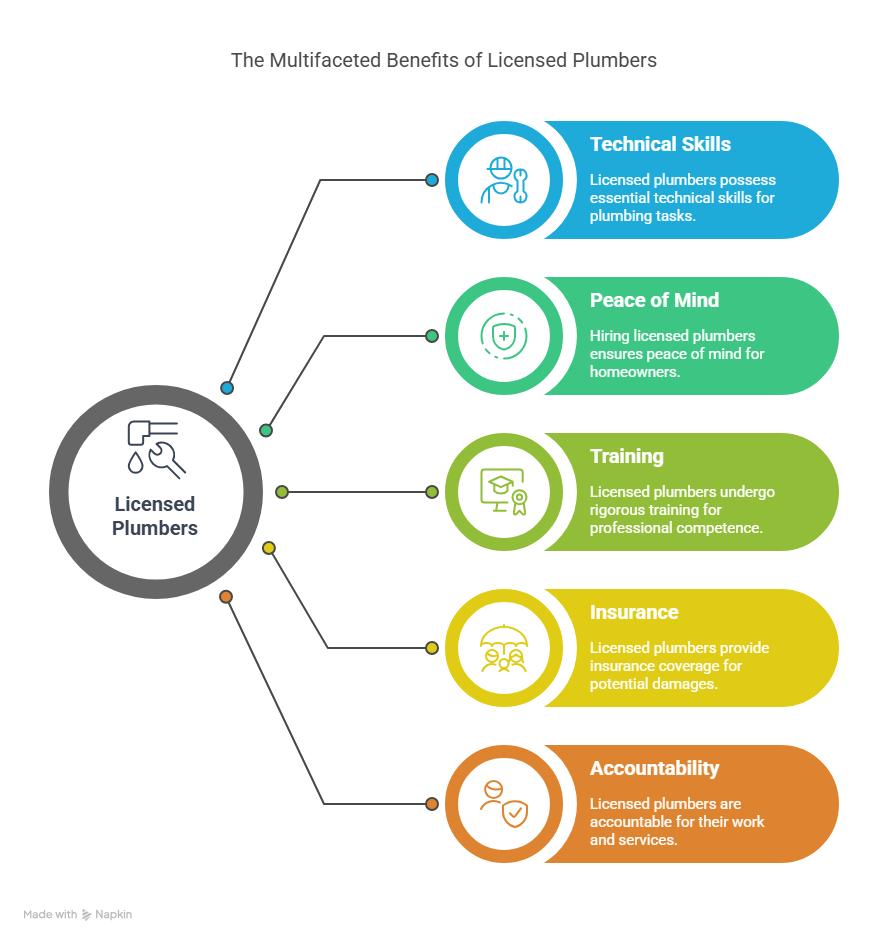
What to Ask Before Hiring a Plumber?
Before you hand over your home’s plumbing health to someone, you need to do a little reconnaissance. Here are some essential questions I always ask:
- Are you licensed in Connecticut? (And don’t just take their word—ask for the license number and verify it)
- Do you carry liability insurance and workers’ compensation? (This protects both of you)
- How long have you been serving Litchfield County specifically? (Local knowledge matters when dealing with our area’s unique plumbing systems)
- Can you provide references from other homeowners in towns like Woodbury, New Milford, or Kent? (Local references speak volumes)
- Do you provide written estimates before beginning work? (Verbal agreements tend to get fuzzy when the bill arrives)
- What type of warranty do you offer on your work? (Quality work should come with quality guarantees)
According to This Old House, “You want someone who’s been doing this type of work for more than a few years… don’t use price as your only guide—comfort level and trust are equally important.”
How Do You Compare Plumbers?
I used to think comparing plumbers was just about finding the lowest hourly rate. Boy, was I wrong! After collecting quotes for a bathroom renovation that ranged from suspiciously cheap to mortgage-your-house expensive, I learned to look deeper.
Here’s my strategy for making meaningful comparisons:
Experience & Specialization
Not all plumbing expertise is created equal. The person who masterfully installs bathroom fixtures might not be your go-to for complex drain cleaning or water heater repair. Ask potential plumbers:
- How many similar projects have you completed in Litchfield County?
- Do you specialize in residential plumbing?
- What’s the most challenging plumbing situation you’ve encountered in an older home?
Response Time & Availability
When your bathroom’s turning into Niagara Falls, a plumber who can come “sometime next week” isn’t much help. Inquire about:
- Typical response times for emergencies
- Weekend or evening availability
- Extra charges for after-hours service
Communication Style
I can’t stress this enough—find someone who speaks human, not just technical jargon. A good plumber educates you while solving your problem.
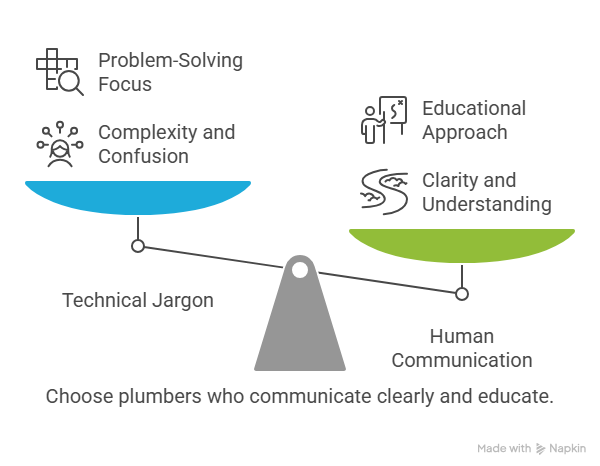
Pricing Structure
Rather than just comparing hourly rates, understand their complete pricing structure:
- Flat rates vs. hourly billing
- Travel fees for Litchfield County’s more rural areas
- Charges for parts and materials
- Diagnostic fees
Should I Hire a Plumber or Do It Myself?
I’m all for DIY adventures—my weekend warrior projects have saved me thousands over the years. But plumbing? That’s where I draw the line (most of the time).
Here’s my rule of thumb: If it involves more than a plunger or a simple drain snake, call a professional. Why? Because plumbing mistakes aren’t just inconvenient—they can be catastrophic.
That said, here are some plumbing tasks most homeowners can handle:
- Unclogging simple toilet blockages
- Replacing faucet washers
- Installing new showerheads
- Fixing running toilets
- Cleaning out sink P-traps
And here’s what you should leave to licensed professionals:
- Anything involving the main water line
- Gas line work (always, without exception)
- Sewer line repairs
- Water heater installation or major repairs
- Repiping projects
- Complex fixture installations
Remember, a licensed plumber isn’t just buying you expertise—they’re buying you insurance. When professionals make mistakes (rare, but it happens), their insurance covers the damage. When DIYers make mistakes, their homeowners insurance might not.
Final Thoughts: Building a Plumbing Partnership
Finding a licensed plumber in Litchfield County isn’t just about solving today’s clogged drain—it’s about establishing a relationship with a trusted professional who understands your home’s unique needs.
The best plumber-homeowner relationships are built on trust, communication, and mutual respect. When you find a good one, treasure them like the home service gems they are.
And remember—the time to find a great plumber is before you’re watching water cascade down your stairs. Do your research now, build your relationship during a minor repair, and you’ll have a trusted professional on speed dial when those middle-of-the-night emergencies inevitably arise.
So, picked up the phone yet? Your home’s future self will thank you.
